Dawn of World War III:
RUSSIAN GAS, CRUSADERS’ HATRED AND AKP’S WEAKNESS
With the support of the PKK in Syria and through the large-capacity military base established in Alexandroupolis, Greece, U.S. now added the Greek part of southern Cyprus to the siege plan of Türkiye. The large U.S. military accumulations on the island of Crete were already known. After the United Kingdom and France, the establishment of new bases by the United States in Southern Cyprus was a project to thoroughly surround Türkiye. Mr. Erdoğan, who was bragging about leaning on Shanghai Five, was in fact had been deceived under the directions of incompetent, short-sighted maybe even “hired” advisors thus being the part of filthy Zionist and Imperialist plans. Because according to this Crusader-Zionist Plan: On the pretext of approaching Russia and Asia, the suspicions of removing Türkiye from NATO and exposing Türkiye to an all-out attack by saying that it is teasing Greece were increasing! UAVs of Turkish Armed Forces conducting reconnaissance flights detected and broadcast a large number of armored vehicles and assault weapons in the area where they were being transported from the 12 Islands in the Aegean to the islands of Lesbos and Samos by Greece on American landing ships. Considering the fact that, – according to the Treaty of Lausanne this zone needs to be cleared of all military assets and piles of weapons – the severity of the events is better understood.
The only alternative that could break these evil schemes was to initiate the D-8 projects and try to carry out Prof. Necmettin Erbakan’s Islamic Unity projects. But, unfortunately, by approaching Russia-China alliance -which is the other jaw and front of the same Zionist “crocodile”- it was still not realized that they were serving the insidious interests of the barbarian West.
Aftermath of the Ukranian Attack…
Russia has suffered $400 billion in loss so far. In addition, it has lost ten thousand of soldiers and many weapon systems. Moreover, Ukraine has recently begun to take back some areas and Russian troops have been forced to withdraw… Two questions still wait to be answered; “How long will Russia endure these great losses and damages?” and “How long will America, and especially Europe, which supports Ukraine, put up with Russia’s gas shortages and resource transfers to Ukraine?” Russia thought that Ukraine would surrender “maximum in a week” but it has been eight months and Russia has ended up bewildered and stuck in the Ukraine quagmire.
Gas Prices and Problematic Winter Scenarios in Europe
When Russia closed the valve of the Nord Stream 1 pipeline, Europe started to worry about the upcoming winter. Furthermore, they started making up reasons for their forced return to coal, nuclear and shale gas power plants. In all European countries, restrictions were made on heating and lighting. Gas and electricity bills, which were 300 euros per household in Europe last year, had already skyrocketed to 600 euros. Moreover, it was said that it would increase even more by 4-5 times. Experts estimated that Europe’s 148 billion euros gas expenses would increase to 825 billion.
What was Russia’s share in the natural gas used by Europe?
With the beginning of the Russian-Ukrainian War, the issue of how much natural gas European countries imported from Russia was one of the hot topics. According to the International Energy Agency data, the 155 billion cubic meters of gas imported by Europe from Russia in 2021 accounted for 45 percent of the total gas imports and 40 percent of the total gas consumption. As concerns about the security of energy supply in Europe increased after the Russia-Ukraine War, natural gas prices also reached an all-time high of 199 euros per megawatt-hour. Prices had increased about 10 times in the past year.
How much gas were European countries buying from Russia?
While Finland, Estonia, Macedonia and Bulgaria all import natural gas from Russia, Latvia would buy 97 percent of natural gas imports, Serbia 88 percent, Slovakia 86 percent, Poland 81 percent, Austria 80 percent, Slovenia 79 percent and Hungary 78 percent from Russia. The share of Russia in Lithuania’s natural gas imports was 69 percent, and the share in Germany’s imports was about 54 percent. These rates were 53 percent for the Czech Republic, 44 percent for Switzerland, 35 percent for Denmark, 33 percent for Italy, and 28 percent for Croatia and Romania.
Greece received 19 percent of its gas imports from Russia, France 8 percent, the Netherlands 5 percent and Belgium 3 percent. 43 percent of Ukraine’s gas imports were also supplied from Russia. In countries with low gas imports from Russia, liquefied natural gas supplies procured from Norway, North Africa and spot markets had caused low level dependence on Moscow’s gas.
With the Russia-Ukraine War, in order to ensure the energy security of European countries, filling the tanks before winter period during continental demand is the highest, had become one of the most critical priorities of the EU. According to Bruegel’s calculation, the cost of filling Europe’s natural gas stores as it enters winter would be at least 70 billion euros. According to the Institute of International Finance, the capacity of Europe’s natural gas stores was sufficient but since pipelines were built to provide gas flow from east to west, there would be technical constraints due to the inability to provide reverse gas flow.
The rising electricity and natural gas prices in Europe were a new crisis warning!
Europe was dealing with a record-breaking increase in energy prices after the quarantine caused by Covid-19. Increased energy consumption and supply constraints due to extreme cold and heat waves were some of the reasons for the high prices. Analysts had been warning that the crisis, intensified by a mix of temporary and structural problems, would drag on.
Although the European Union had been gradually reducing its dependence on fossil fuels for a long time, this change was not rapid and widespread enough to control the effects of the crisis. Natural gas and coal provided more than 35 percent of the EU’s total production. Fossil fuels had a marginal share in Sweden, France and Luxembourg, but accounted for more than 60 percent of total production in the Netherlands, Poland, Malta and Cyprus.
Citizens in countries such as Spain, Italy, France and Poland were now facing all-time highest energy bills, in addition to the economic hardships caused by the pandemic. The discontent of the people had put the governments on high alert, and the ministers had started to take emergency measures, albeit short-term.
In Italy, the Minister of Ecological Transformation, Roberto Cingolani, had warned Italians to expect a 40 percent increase in their bills in the coming months. France had announced that it would pay a one-time payment of 100 euros to over 5.8 million low-income households. In Spain, the government would not be able to keep its promise to reduce prices to 2018 levels. Madrid had also sent a letter to Brussels demanding action across the EU. In the Letter, the following note had been included; “We urgently need a pre-designed European policy menu to react immediately to dramatic price increases”.
However, with this European natural gas crisis, Europe was pushed to be obliged to the United States and compelling to participate the new Crusader invasion against Türkiye!..
What would happen to Europe’s energy alternatives if Russia completely cut off gas?
Liquefied natural gas, which was thought as an alternative to Europe’s energy needs, was mostly supplied by the United States. European countries, which obtain more than 40 percent of their needs from Russia, had started to look for alternative energy sources in case the natural gas flow was cut. While Europe was already experiencing problems, due to the emptying of natural gas tanks and rising prices this winter; the search for solutions on energy intensified after the Russian invasion of Ukraine and the economic sanctions imposed by the EU on Moscow. Other natural gas pipelines, especially in Azerbaijan, and liquefied natural gas (LNG) were the first solutions that came to mind. After that nuclear and renewable energy, hydroelectric power plants and coal were coming to mind as solution. However, previously, nuclear energy was suspended in Germany, Great Britain, Belgium and France, while most coal power plants were forcedly closed due to issues on climate goals.
German Prime Minister Olaf Scholz spoke in the German Parliament and explained that the energy policy to be implemented after the recent events was critical not only for the economy and climate, but also for security. Germany, whose more than 50 percent of gas demand was supplied from Russia, announced that it would start building an LNG terminal, create coal reserves for an electric plant and plan to force energy companies to store gas before winter. According to Reuters news agency, Germany was also considering supplying gas through pipes from Norway, the Netherlands, the United Kingdom and Denmark. However, the prime minister of Norway, the second-largest gas supplier in Europe, said that the country had already sent gas at maximum capacity and this Norwegian gas capacity could not replace Russian gas capacity.
Rising Natural Gas Prices in Europe Forced Electricity Producers to Turn to Coal!
The rapidly rising wholesale natural gas prices in Europe had led electricity generation plants to turn to air-polluting coal. Although coal and carbon emissions prices also increased, it began in the short-term, to be seen more advantageous in terms of cost by remaining behind the leap in natural gas, the European Union’s emission trading system (ETS) carbon emission indicator license fee had increased twice since the beginning of the year. On the other hand, during the same period, the wholesale natural gas price increased 4 times in the Netherlands-based TTF market.
Established in the European Union with the goal of reducing the carbon dioxide gas released into the air, ETS was charging a certain price per ton from power plants and industrial factories. Due to the additional carbon emission costs, natural gas conversion plants had been in a more advantageous position than coal-fired power plants for more than 2 years. With the rise in natural gas prices, producers in the UK, where the share of coal in the energy infrastructure is 2 percent, had to turn to oil-fired power plants. Electricity produced by lignite and hard coal in Germany in the second quarter of 2021 was 28 terawatt hours, while in the third quarter it increased to 35.1 terawatt hours.
Russia Cuts Off Gas, Germany’s Surprise Nuclear Energy Decision
Germany, which was largely dependent on Russia for natural gas purchases, started preparing for a harsh winter. Germany had decided to “step down from its nuclear plan” as part of its measures. Germany got frustrated after Kremlin announced that gas supplies to Europe via Russia’s Nord Stream 1 pipeline would not resume in full unless it lifted sanctions against Moscow.
Economy Minister Robert Habeck made a statement that meant the suspension of the zero nuclear policy announced by Angela Merkel, Chancellor of the time in 2011. Member anti-nuclear partner of the German government the Green’s Party; Habeck emphasized that ‘two of the three remaining open nuclear power plants in the country will remain ready to use until mid-April 2023’. This decision of Germany was interpreted as a ‘U-turn’ in the foreign press.
Klaus Müller, President of the Bundesnetzagentur (BNetzA), the organization that regulates Germany’s energy market, explained that if Russia completely cuts off gas supplies, gas storage facilities in the country could meet the demand for a maximum of 2.5 months. However, earlier, Merkel had decided to completely abandon atomic energy after the Fukushima nuclear disaster in Japan and 3 out of 6 power plants in the country had been closed.
The Russian state energy company Gazprom had warned Gas Terra about the suspension of natural gas flow because of refusing to pay in rubles for the natural gas it supplying from Russia in April 2021. Gazprom also cut off gas supplies to Finland, which previously had refused to pay in rubles. By the decree signed by Putin, ‘list of non-friendly countries’ became official. The list published by the Russian government included the United States and all EU countries. Besides Ukraine, Montenegro, Switzerland, Albania, Andorra, Iceland, Liechtenstein, Monaco, Norway and San Marino, also Northern Macedonia, Japan, South Korea, Australia, Micronesia, New Zealand, Singapore and Taiwan were also on the list.
Energy safety alarm all over Europe!
Unable to respond to the increasing demand after Covid-19, Europe started to take reverse action on its behalf. In the past developing countries were forced ‘not to use coal’ and ‘not to build nuclear power plants’, but now, Europe became obliged to turn back to these once forbidden resources.
The energy security crisis was escalating in Europe, which joined the sanctions against Russia under the pressure of the United States. The sharp decline in supply and the increase in energy prices had become the biggest problem of Europeans. During the outbreak, the halt both in factories and service sector in particular decreased supply and demand. With the lifting of Covid-19 restrictions, suddenly the increased demand in many sectors (tourism, trade, health, clothing, entertainment …) could not be met due to lack of supply. In addition to the sanctions imposed on Russia, there was now a major decline in energy supply and prices increased. When all these issues followed one another, the main discussion in Europe was energy security.
Governments were forced to return to coal
Both the fear of Russia completely cutting off the gas flow and the fact that the EU implemented the embargo on Russian coal in August 2022 forced governments to look for alternatives. Pressurizing developing countries to reduce their carbon emissions, Europe had to turn to coal due to energy supply shortages. The G20 countries had made an average of $300 billion of their approximately $658 billion energy investments in fossil fuels. In this transaction coal reached 57 billion dollars.
The German government was looking for solutions to store natural gas for next winter. Planning to shut down all coal plants in the country by 2030, German Minister for Economy and Climate Protection Robert Habeck said that gas consumption should be reduced in order to avoid problems in the winter. The German Minister stressed that coal power plants would have to be used more for electricity generation in order to save on natural gas.
Poland had also returned to coal. The government’s proposal to offer low-price guaranteed coal to residential buildings had been approved by the lower house (Sejm) of parliament. While 298 deputies voted for acceptance of the proposal to make coal used by residential buildings 996,60 zloty (210 euros) per ton, 15 deputies voted for rejection. 136 deputies abstained. According to Anna Moskwa, the Polish Minister of Climate and Environment, the system would cover households, housing cooperatives and associations that use coal for heating. Under the proposal, each household would be allowed to purchase up to 3 tons of coal at a guaranteed price.
The issue in Austria was that due to the possibility of a complete shutdown of Russian gas, the country would necessarily switch most of electricity production from natural gas to coal. Austrian Minister of Environment and Energy Leonore Gewessler announced that natural gas consumption should be reduced as much as possible. Stating that Austria was in a more difficult situation compared to other EU countries, Gewessler reminded that it may be possible to get rid of Russian gas in 2027 at the earliest. Work had started on the Mellach Power Plant in Styria so that electricity and heat could be generated from coal instead of natural gas in an emergency.
The Netherlands had also limited production at its coal-fired power plants to 35 percent capacity to limit carbon emissions. Despite the objections of environmental organizations, the government had lifted the production limit at coal-fired power plants with a 35 percent capacity to increase electricity production in order to fight the energy crisis. It was hoped that the lifting of the Dutch cap on coalfired power generation would save 2 billion cubic meters of gas per year.
Or is nuclear not harmful to the environment?
In particular, the G7 countries were pressurizing developing countries to not use of nuclear energy. The West’s blockades leading up to sanctions against the nuclear energy initiatives of countries such as Iran, Türkiye and Pakistan was still going on. But with energy security at risk, the West had to break the promise to shut down its previous nuclear power plants. The European Parliament rejected a proposal to prevent the European Commission’s draft law, which described investments in gas and nuclear power plants as climate-friendly. 328 out of 705 deputies in the parliament had voted for the rejection of the motion. 33 deputies abstained. Thus, the adoption of the draft law, which advocated that investments in nuclear power plants are green, sustainable and environmentally friendly, was now ready.
The expropriation move launch in France!
French Prime Minister Elisabeth Borne announced that she planned to expropriate the nuclear giant Elictricite de France SA. The French government drew up plans to increase its stake in EDF from 84 percent to 100 percent, as the electricity company struggled with a Europe-wide energy crisis due to Russia’s operation in Ukraine. Borne continued to defend her idea of expropriation, with the following statement, “We must have full control over our electricity production and performance. We must ensure our sovereignty in the face of the consequences of the war and the enormous challenges that will come… Therefore, I am communicating to you the intention of the state to own 100% of the capital of EDF.” French President Emmanuel Macron argued that during the March re-election campaign of 2022, he offered to nationalize the EDF, which would help support France’s energy independence and facilitate efforts to achieve net zero emissions by building more power plants.
To be re-emphasized; the Zionist exploitation centres had Russia attack Ukraine and plunged Europe into an energy crisis in order to restore their shaken authority and retake control of the whole world, by doing so the ground for World War III was being prepared. With this purpose and the shifting of Türkiye, which faces a new Crusader siege, to the side of Russia and China was also a part of the Evil plan. The fake ‘heroes’ were too incompetent to even be aware of this plot. However, the only solution was the implementation of the D-8 and Prof. Necmettin Erbakan’s Islamic Unity projects. In order to do so, the ruling of a NATIONAL COALITION GOVERNMENT was urgently needed.
A Nonsensical rhetoric of “Türkiye Is Not Changing Its Axis, It is Becoming the Central Country!”
The Editor-in-Chief of Ülke TV and haber7.com columnist Hasan Öztürk, who conveyed the messages given in Shangai Cooperation Organization meeting that President Erdoğan attended as special guest, gave the impression that “Türkiye is leading a new world”.
“In Semerkant, leaders of countries where almost half the world’s population lived were coming together. There were also leaders of countries representing a crucial part of the world economy. The summit was attended by the leaders of Russia, China, Kazakhstan, Kyrgyzstan, Tajikistan, Pakistan, India and Uzbekistan, the observer members of the organization, Belarus, Mongolia and Iran, as well as the invited leaders of Turkmenistan, Azerbaijan and Turkish President Recep Tayyip Erdoğan.
The Shanghai Cooperation Organization found way into Türkiye’s agenda 10 years ago when Erdoğan announced his dialog with Putin on 24 TV after his visit to Russia in July 2012. Erdoğan said:
“(Referring to Putin) You sometimes jesting with us. You say what are you doing in the EU. So now I’m jesting with you. Let’s include us in the Shanghai Five (SCO) and we’ll review the EU.”
These words of Erdoğan started discussions on “whether Türkiye is changing axis”. And every time since then, the organization has remained on Türkiye’s agenda. The Shanghai Cooperation Organization, which has now expanded and continues to expand, was welcoming Türkiye as a special guest. The team of flatterers saying: “Who knows, maybe Türkiye would be included in the organization in a few years! …” had never written that Erdoğan had taken such a vile attitude that he was afraid of bringing up the systematic and continuous assimilation that China had imposed on Uygur Muslims in Eastern Turkistan, and even the barbarism of genocide!
Behind the Scenes of the Shanghai Organization!
The Shanghai Cooperation Organization was founded in 1996. The founders were on that date China, Russia, Kazakhstan, Kyrgyzstan and Tajikistan, and the organization was named as the “Shanghai Five”. Uzbekistan joined in 2001, and Pakistan and India joined in 2017, bringing the number to eight. With the increase in the number, the union began to be referred to as the SCO while then the process of Iran’s full membership in the organization continued.
In the time of the crisis, Türkiye under AKP ruling generally considered SCO as an alternative to the European Union (EU). For example, in 2016 President Erdoğan, revealed this approach by saying; “Türkiye should first feel comfortable. And not only focus on the EU”. However, the SCO was not only an economic organization like the EU, but it was an organization that covered, even put forward, areas such as security and intelligence. These countries generally preferred an authoritarian model of government. When viewed through the population of the members, these countries, which constitute 40 percent of the world’s population, were half of the world when observers and dialogue partners were also taken into account. In addition, the share of SCO member countries in world trade was about 6 percent at the beginning of the 2000s, and by 2020 it had increased to 18 percent.
President Erdoğan spoke at the summit, saying “We are ready for cooperation in all areas from security to economy, from energy to transport, from agriculture to tourism”. It was understandable and natural that Türkiye, of course, was able to co-operate with these countries in various areas, both as an Eastern and a Western country. But it would be useful to look at some statistics to be able to answer this question “where can the balance of this be achieved?” For example; Türkiye would give about 65-70 percent of its foreign trade deficit against these SCO countries, from which it imports. In addition, Türkiye made 45 percent of its total exports to EU countries. The proportion of the EU in imports was less than its exports, about 35 percent.
And there’s also the matter of the United States, which actually needed to be evaluated with care. While President Erdoğan was at the SCO summit in Semerkant, the third round of consultations of the Türkiye-US Strategic Mechanism were held in Washington. Not long after this meeting at the level of deputy foreign ministers, the United States lifted the arms embargo it had imposed against the Greek Cypriot Republic of South Cyprus. In addition, US forces were conducting drills with the PYD/YPG, right next to Türkiye’s Syrian border. Relations with the United States were experiencing perhaps the most problematic times in history. While the United States was conducting a siege operation through Greece, it would cost us a lot to ignore the Zionist plans, even though it seemed like the right approach for Türkiye to carefully diversify its foreign policy. In addition, the process related to the modernization of the F-16s, which Türkiye naturally cared about very much, had not yet been clarified. This issue would probably be moved to a point where it was considered by the United States to be articulated to different negotiations.”[1]
The Surprise Appointment from Russia to Southern Cyprus Was Part of This Zionist Plot!
Russia appointed Murat Zyazikov, the former President of Ingushetia, to Southern Cyprus. “Putin’s goodwill step toward President Erdoğan and TRNC President Tatar,” the Greek media said for the appointment of the Muslim ambassador.
The Greek Cypriots’ suspicions that “there may be new openings for the TRNC from the Russians”!
Greek media wrote that, “Zyazikov is a Muslim and will have a strengthened status in the TRNC”. Politis newspaper emphasized, “There will be new developments regarding Moscow’s expansions towards the TRNC”.
In other Greek news and on Greek media reports, it was argued that “Russia could appoint a Muslim ambassador and make attempts against Greek dissertations on Cyprus”. “Putin’s goodwill step toward President Erdoğan and TRNC President Tatar,” the Greek media said for the appointment of the Muslim ambassador.
The Greek media reminded that 65-year-old Murat Zyazikov served in the Russian secret service KGB during the Soviet Union (SSCB). In addition, after the SSCB was disbanded, it stressed that he was presiding over the Autonomous Republic of Ingushetia between 2002-2008. It was written that Zyazikov’s appointment caused surprise and concern by the Greek administration, but it was not because he served in the secret service but because he had something to do with Sunni Muslim identity. The Greek media had announced that Zyazikov’s choice had no connection with the Ministry of Foreign Affairs, instead was purely political and a decision of Russian President Vladimir Putin himself.
It is clear from all these developments that Türkiye was being flattered and provoked into some wrong steps in the name of surrealistic heroism and was preparing a justification for a new Crusader war and NATO attack!
[1] mustafakaya@milligazete.com.tr

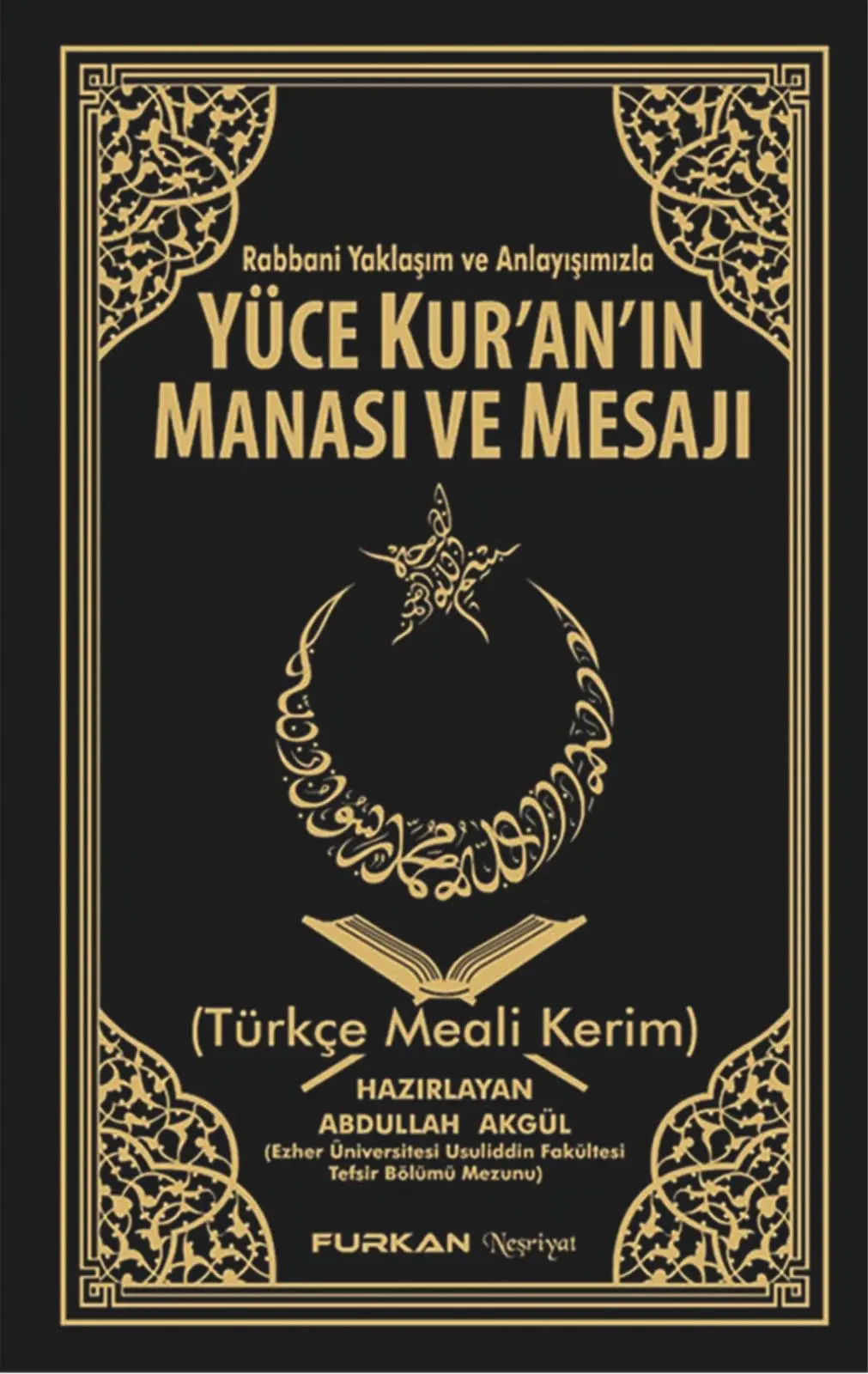

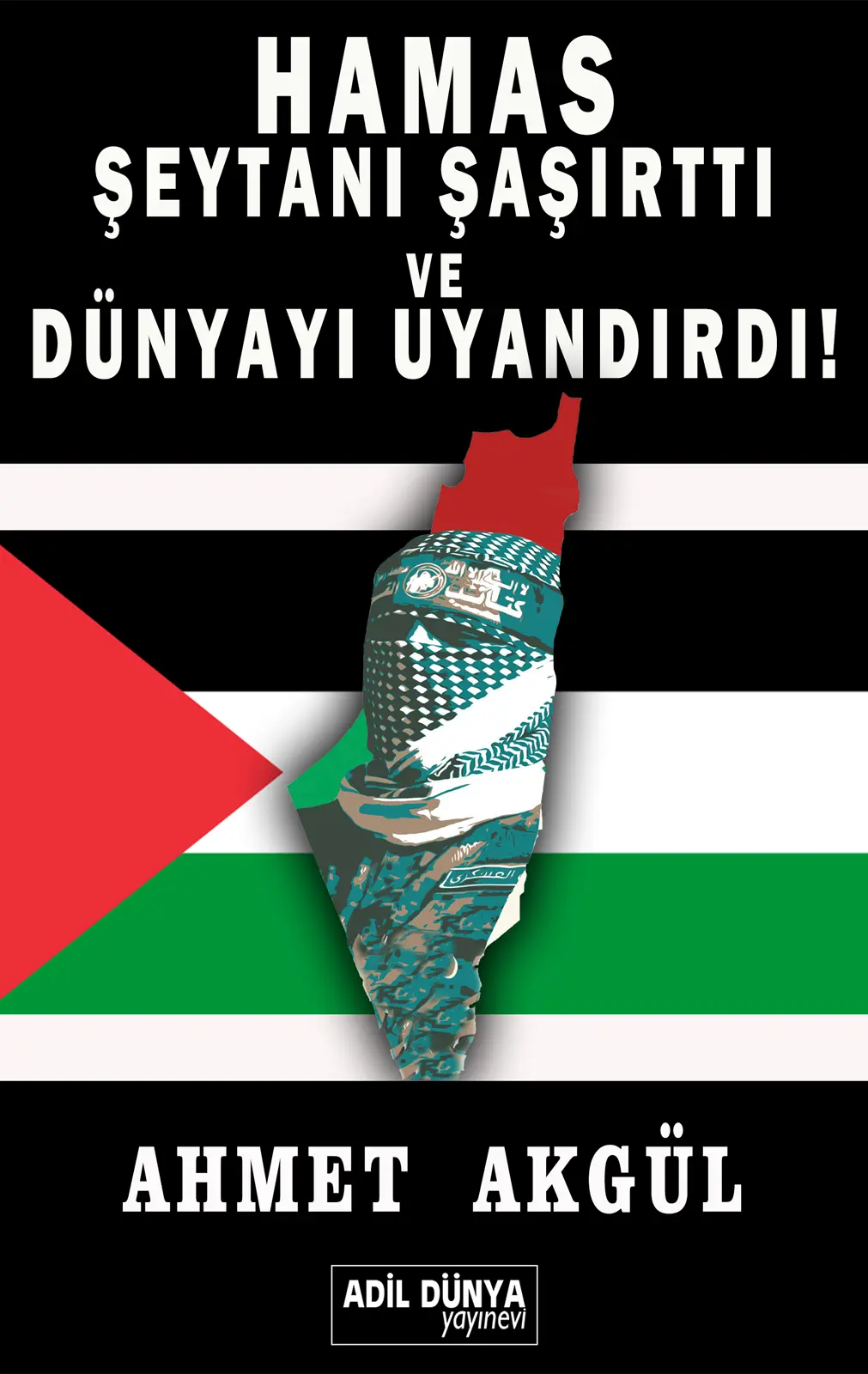
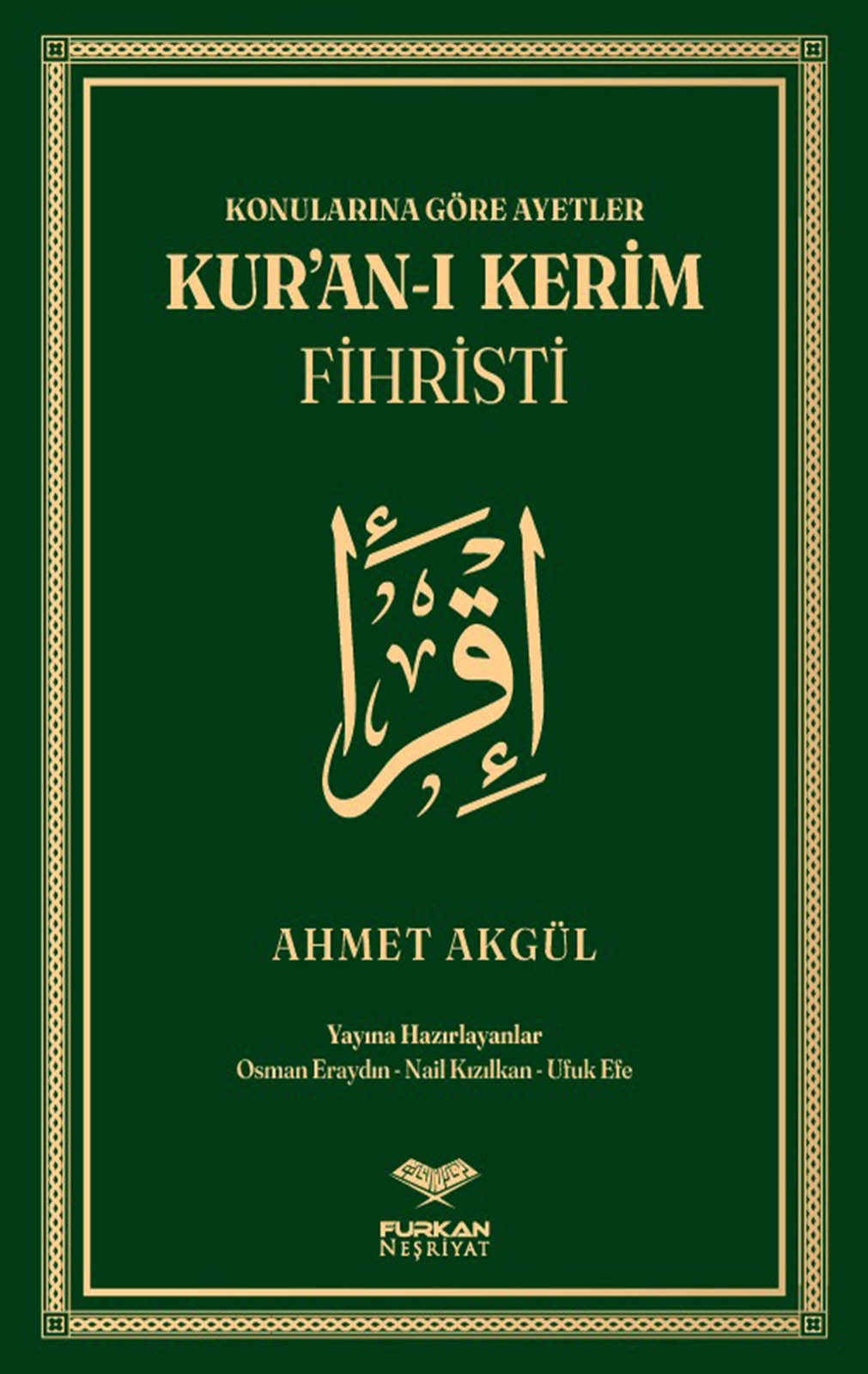
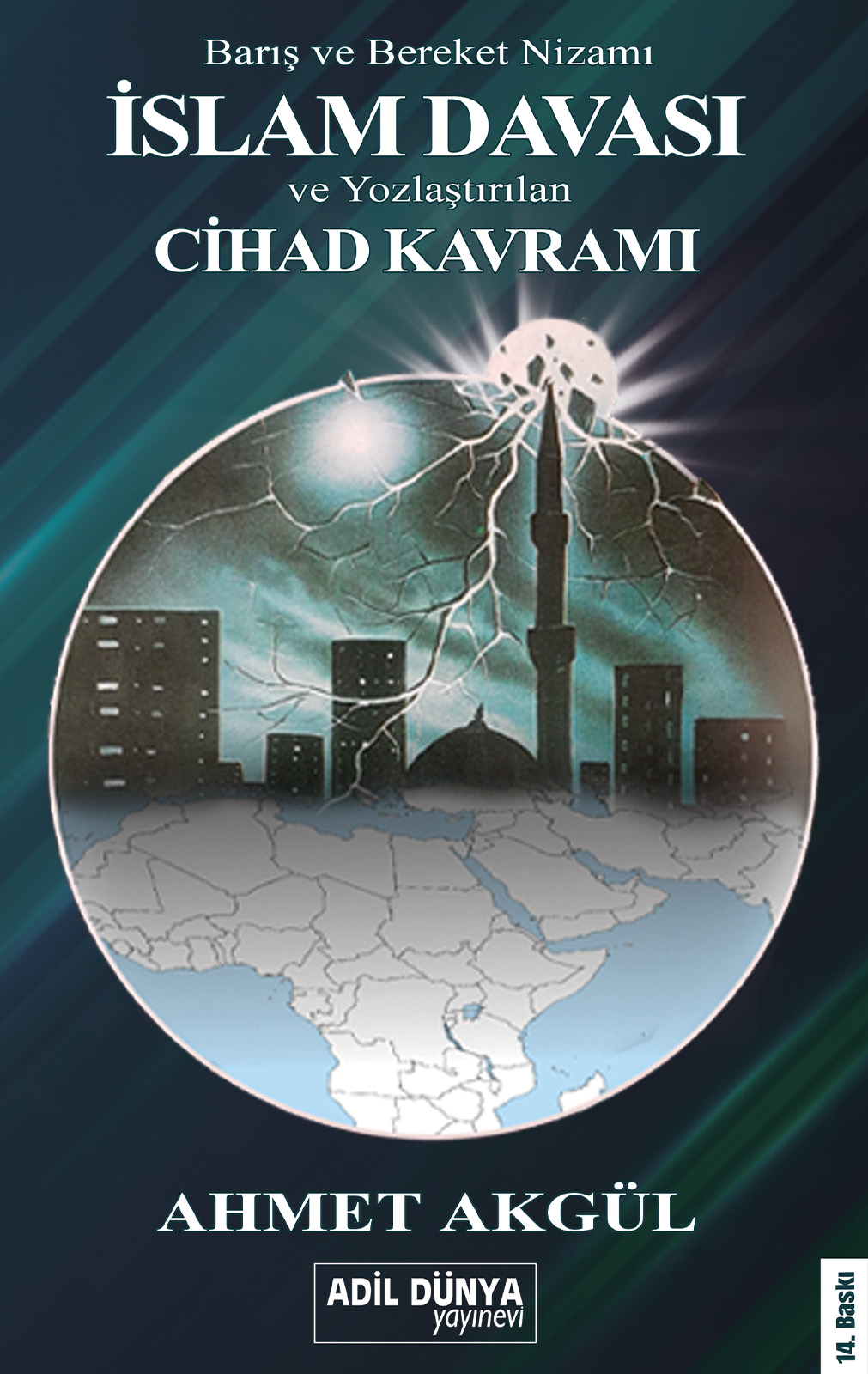

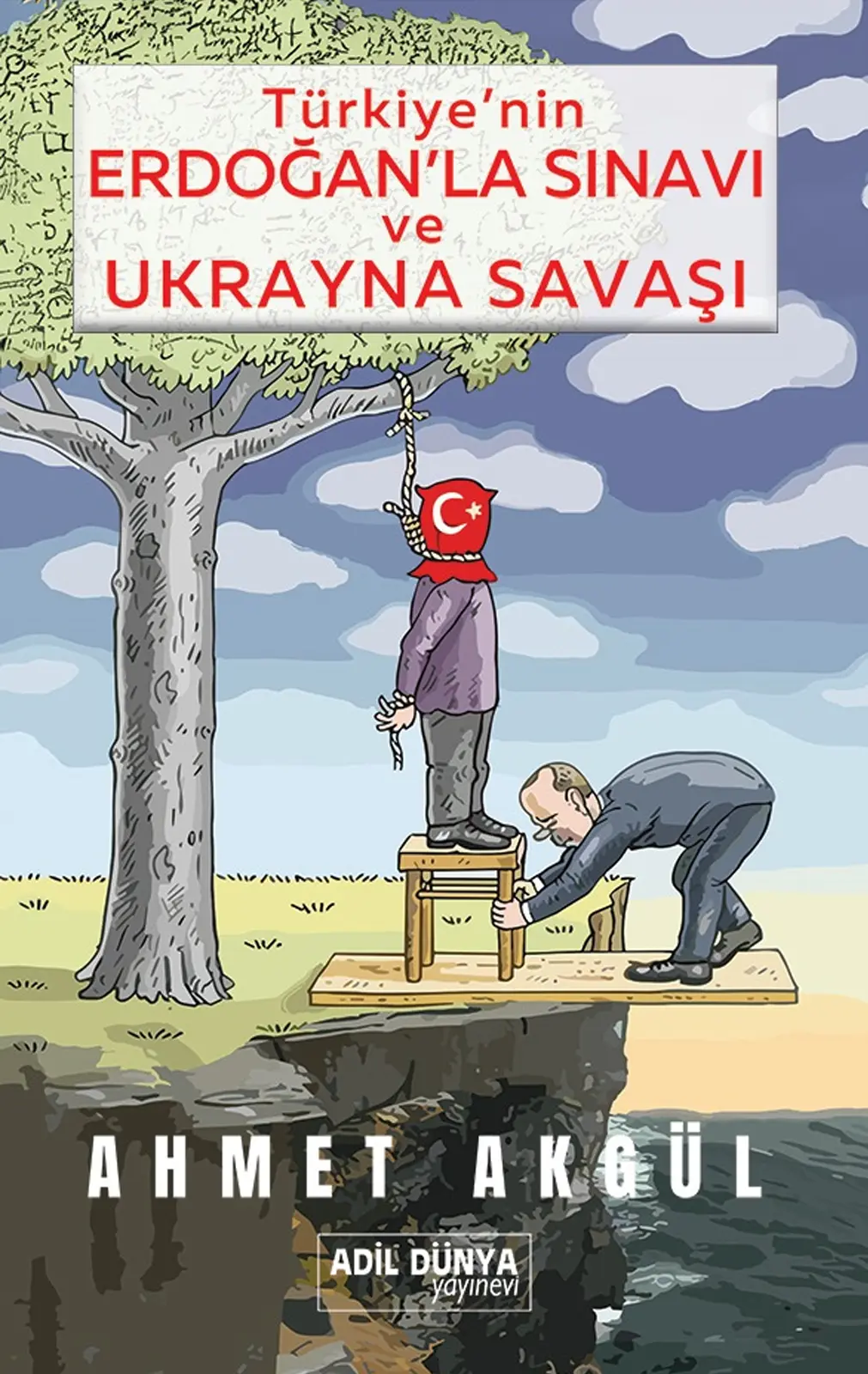
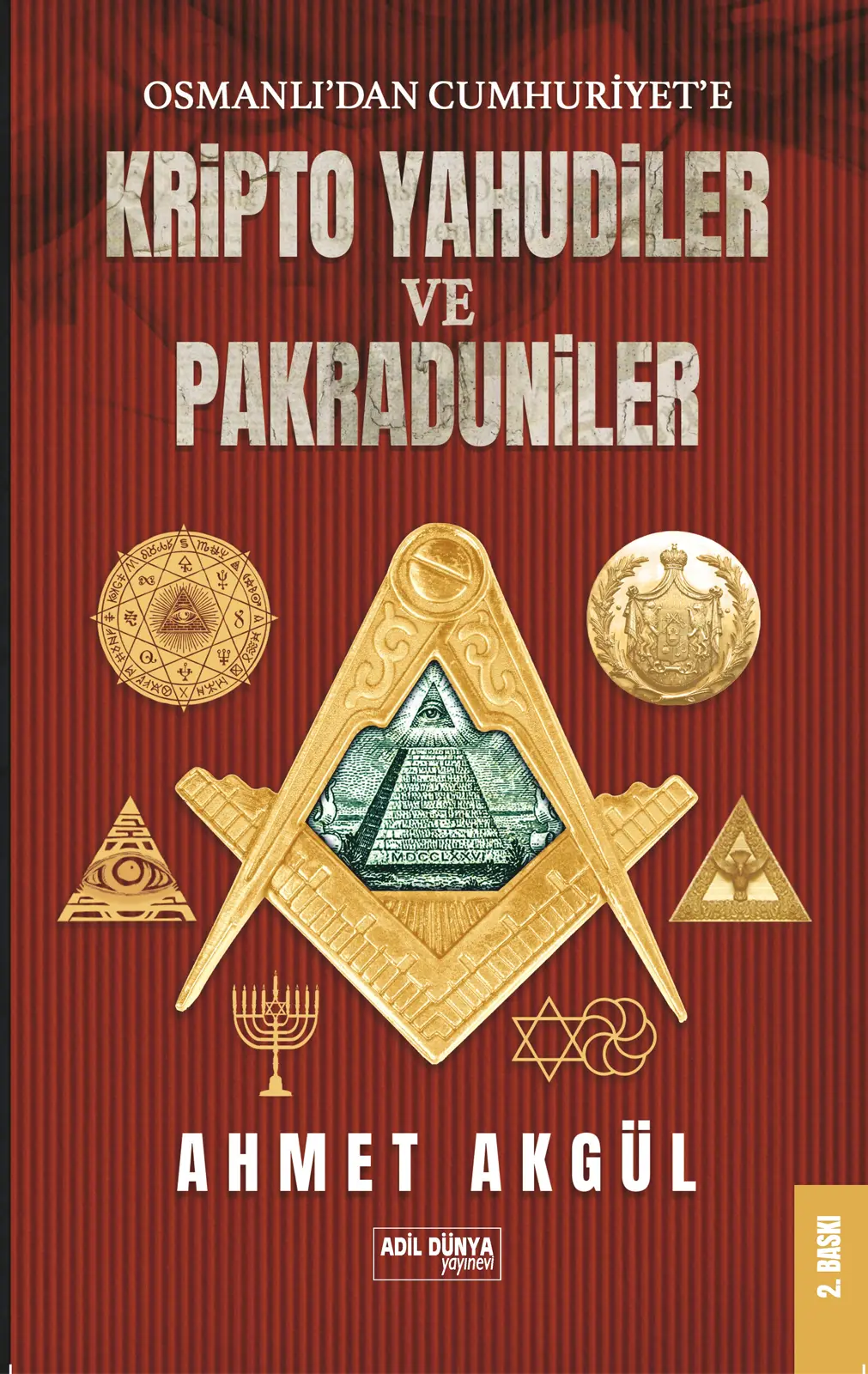
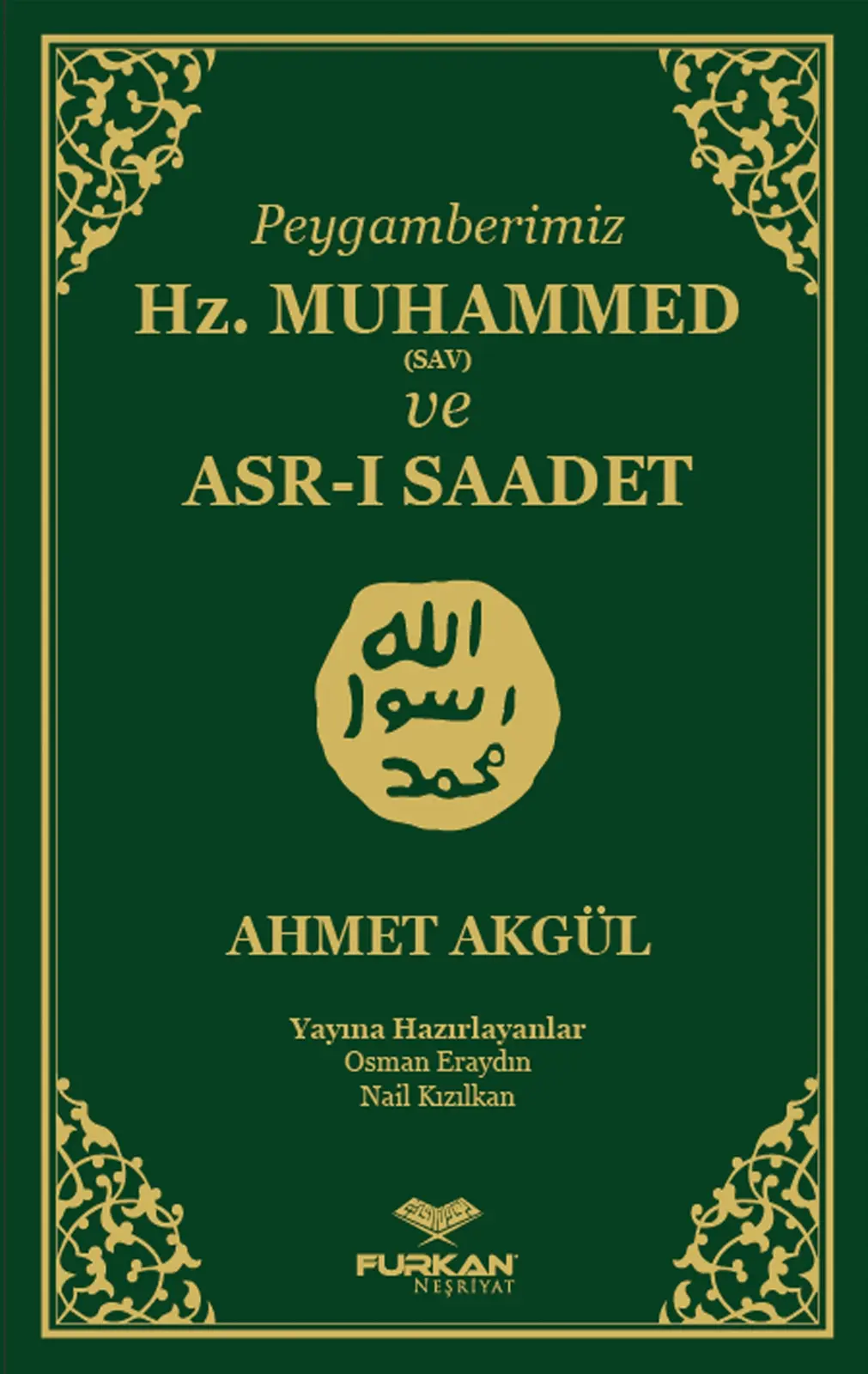
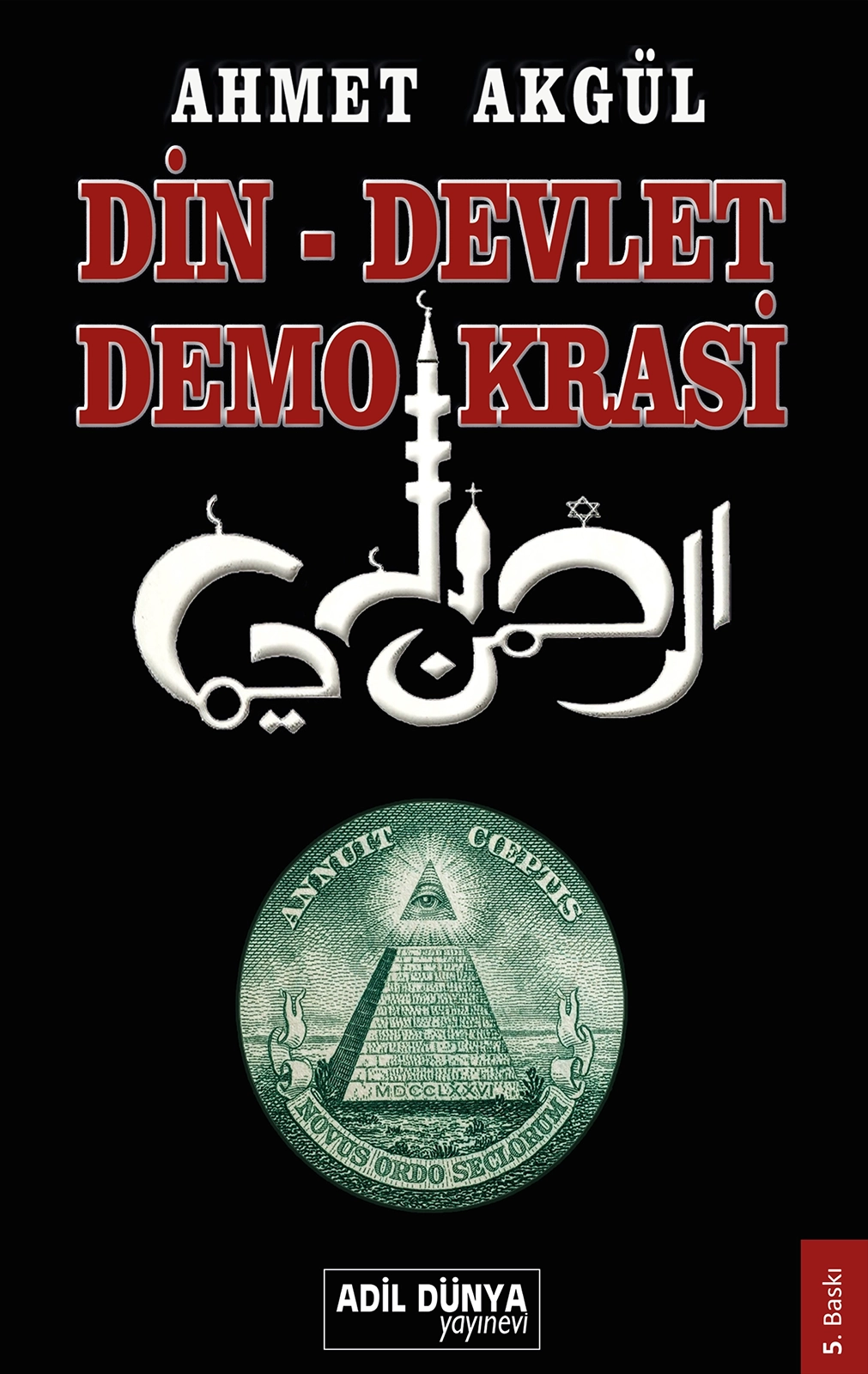
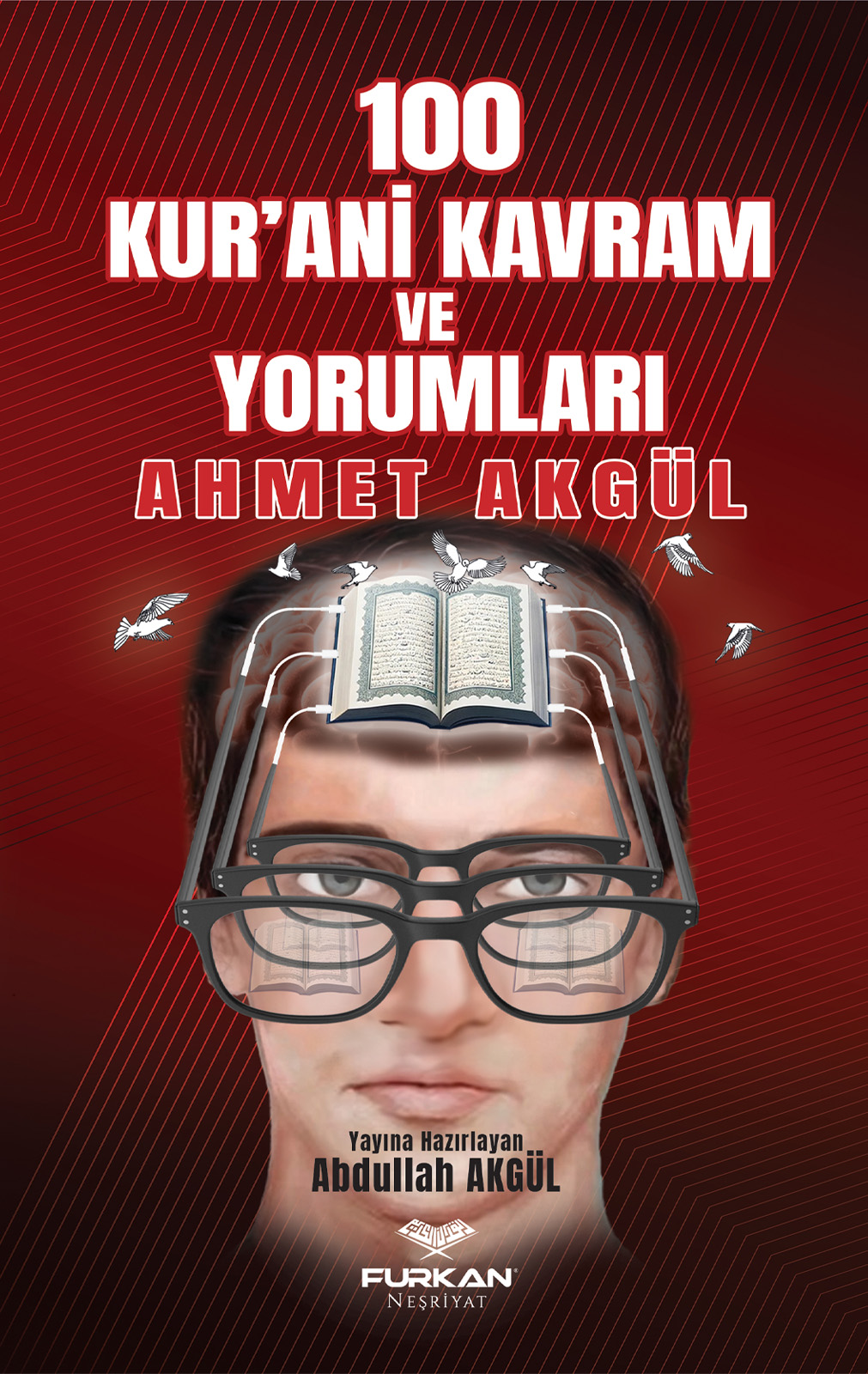
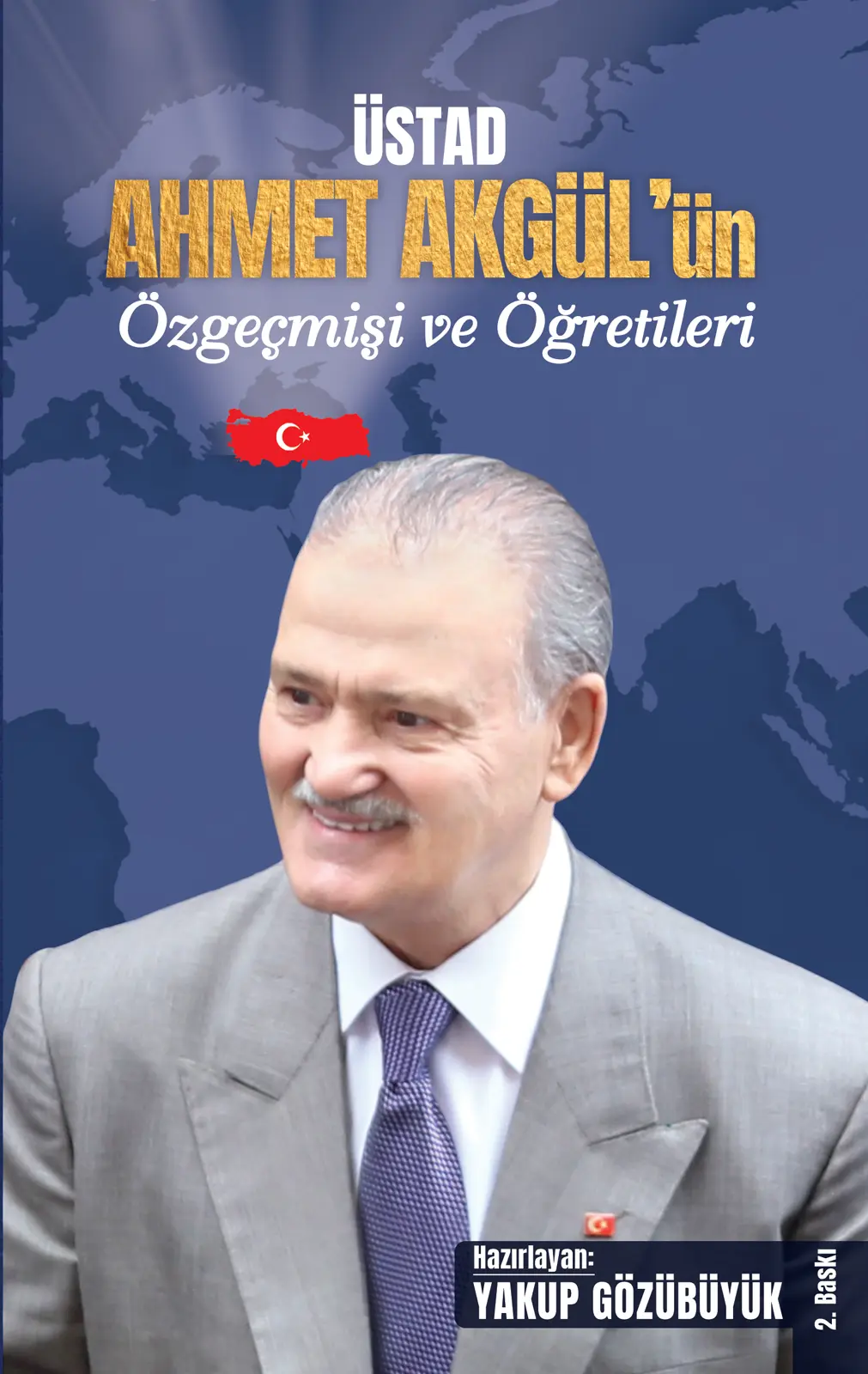
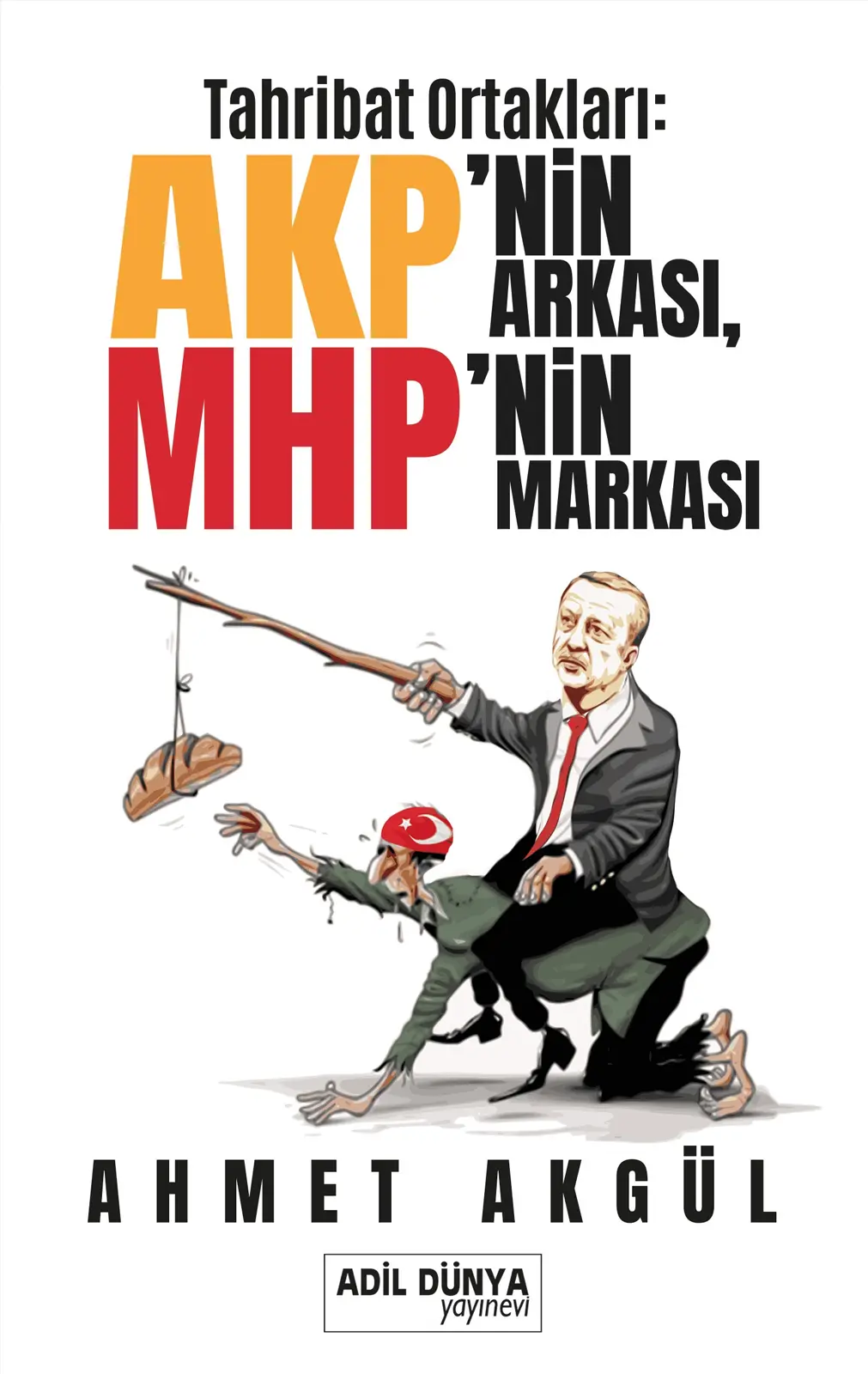
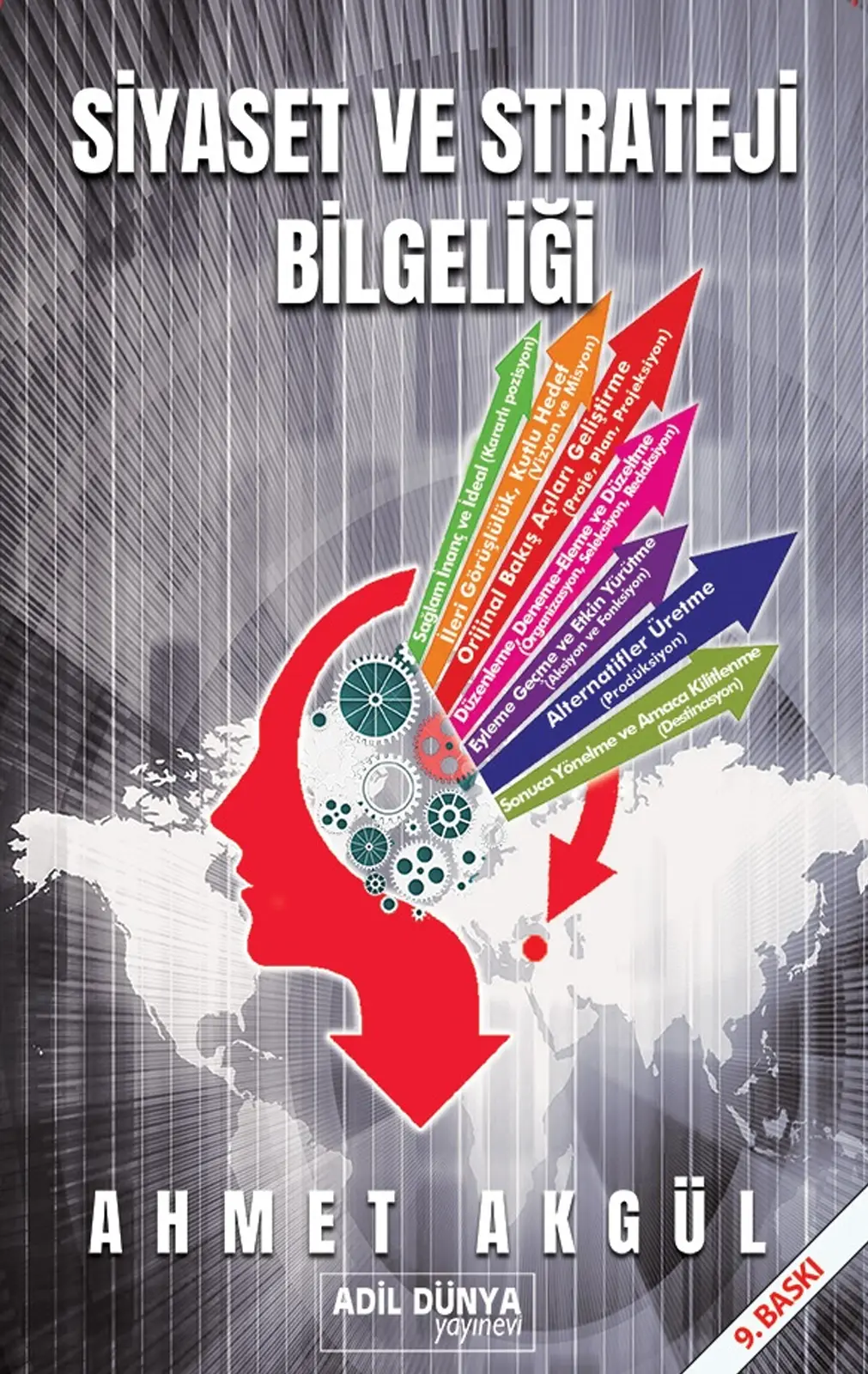

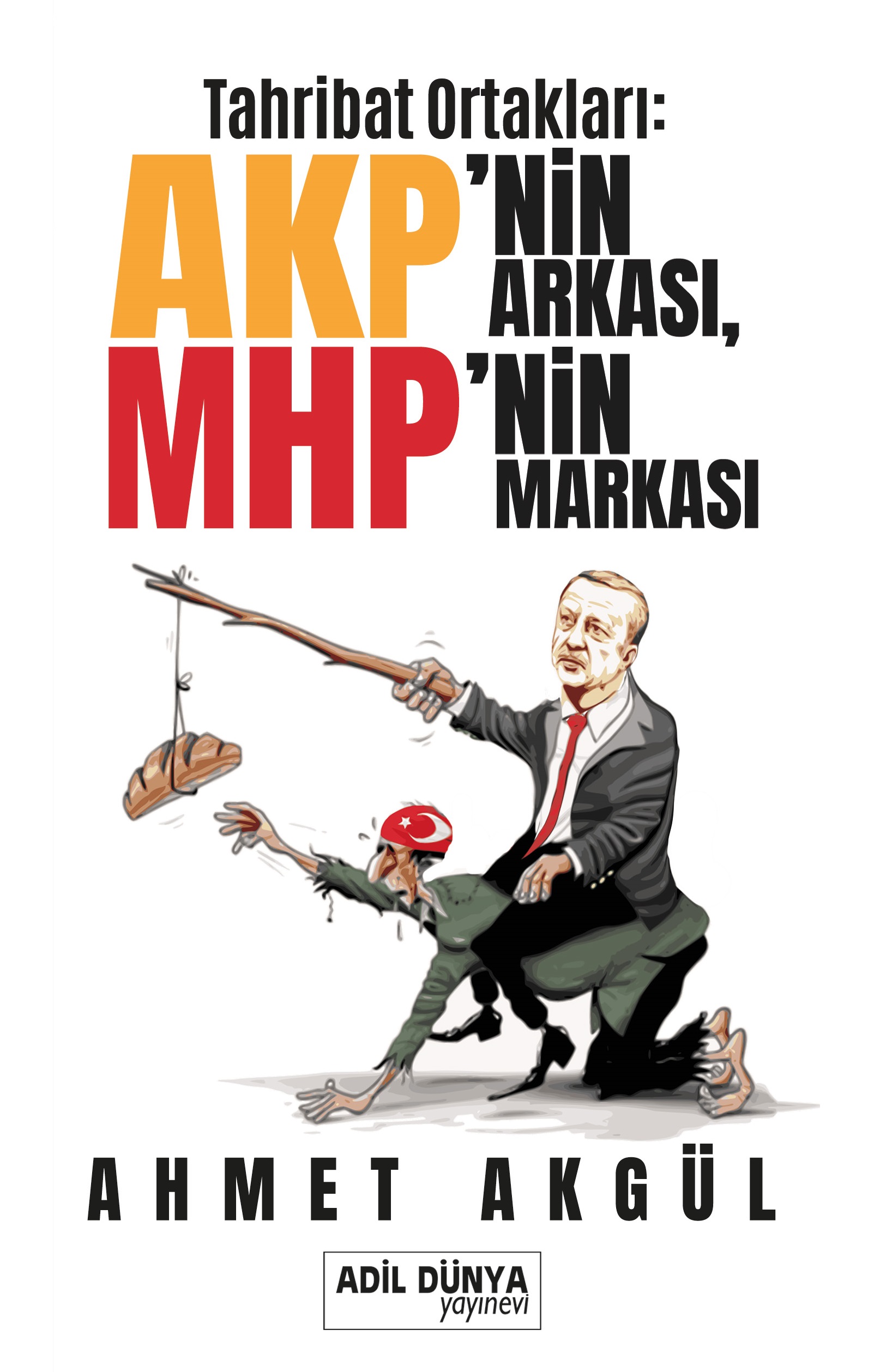
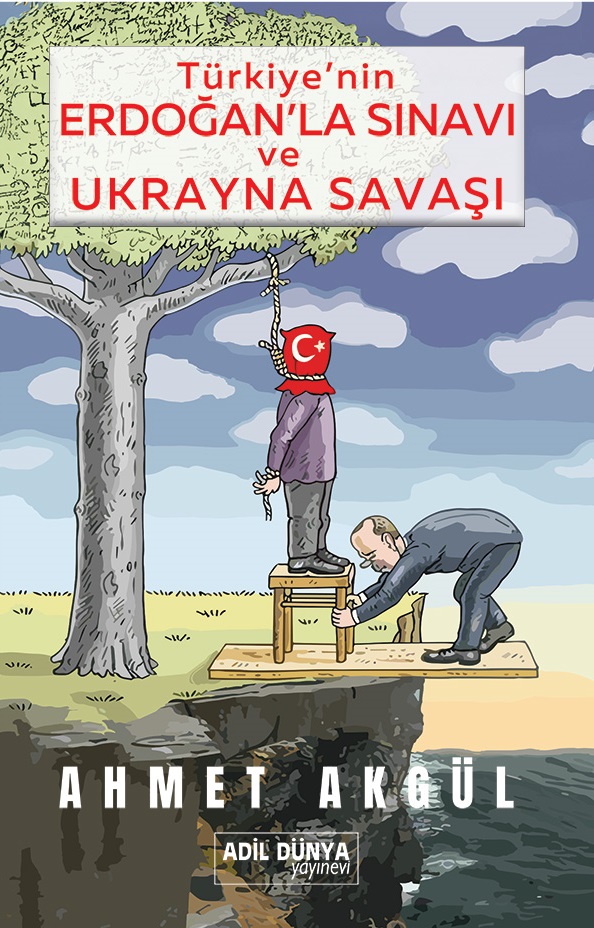
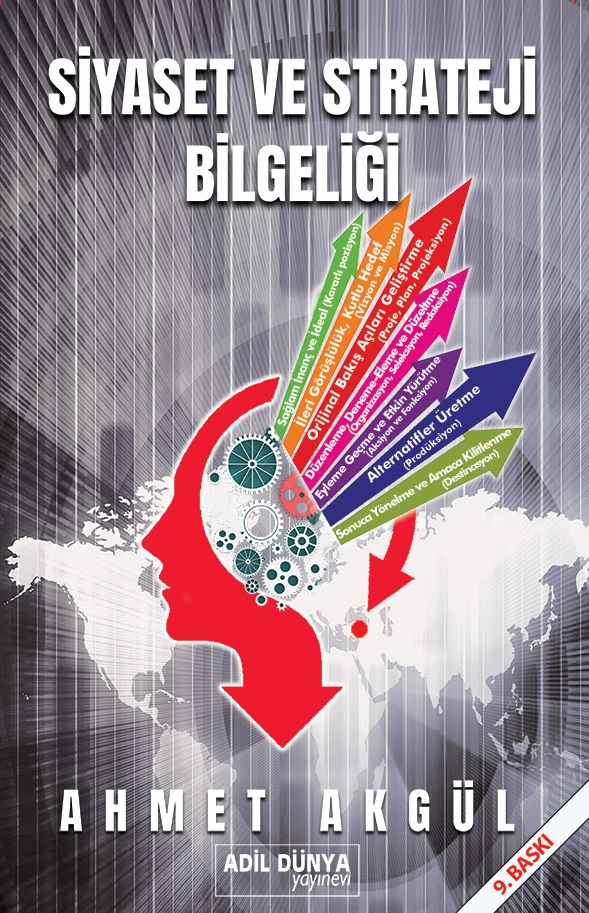
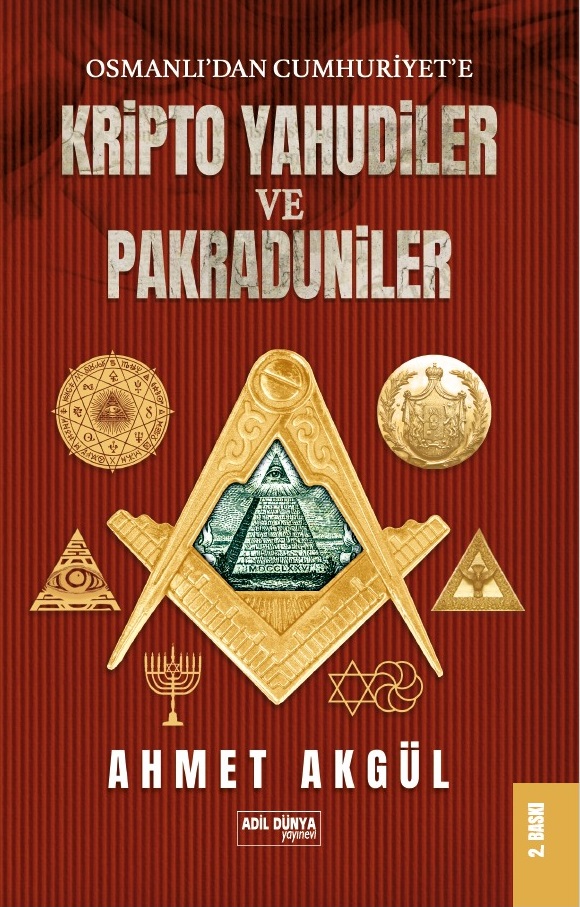
SET YOUR RANK !
The oppressors are at work as always…They continue to burn and destroy…Determine your rank as a human while the war between right and wrong is taking place.Which lane are you in?Know who you are serving well.Are you working for the right or are you a servant to the oppressor?
Who is Ahmet Akgül?
Ahmet Akgül, who was born in Elazığ in 1949, graduated from Teachers’ School, Researcher-Writer, Thinker and Political Scientist, is an important intellectual in the line of National Vision. It approaches the events with a human-centered and Islamic-oriented approach.
In January 2004, he started to publish “National Solution” Magazine, which is published monthly in Istanbul with his friends.
The author, who considers and interprets national politics and the idea of responsibility with a different value; He has been participating in important seminars and conferences all over Turkey, Europe and Islamic countries for nearly 40 years.
It was tried to be prevented from serving in Ahmet Akgül’s organizations and institutions of Milli Görüş because some shady people who were entrenched in Milli Gorus reported their secret intentions and schemes, sensed and said that they had joined the Party as a result of long-term goals and strategic concessions; Erbakan Hodja, on the other hand, did not oppose these regions in order to be able to act more independently and not be blinded and polluted in the wheel of discord, but he did not hesitate to support and direct them from afar. Erbakan’s “Just Order” structures, AKP’s political tricks and dark relations, and the secret nature of the Fetullahist Community are among the few experts. Our author, who has nearly 100 works published and prepared with various expressions, is married and has 5 children.